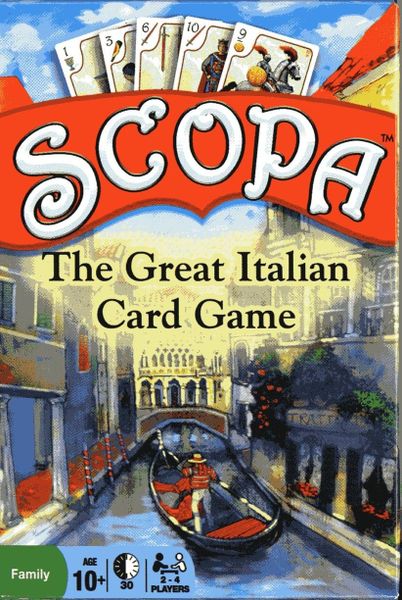Scopa (1600) Board Game
Scopa is a traditional Italian card game that dates back to the early 17th century. It is a popular game in Italy and is often played in social gatherings and family settings. The game has simple rules but requires strategy and skill to win. Scopa has become a classic card game that is enjoyed by players of all ages.
Game Components of Scopa
How To Setup Scopa
To set up Scopa, follow these steps:
Gameplay Mechanics and Game Objective
Key Mechanics:
Game Objective:
The objective is to accumulate points by collecting cards, making sweeps, and achieving specific card combinations. The game continues until one team or player reaches a predetermined number of points, typically 11 or more.
Player Experience
Playing Scopa is a delightful blend of strategy and luck. Each turn requires careful consideration of which cards to play and when to capture. The game’s dynamic nature keeps players engaged, as they must balance the need to collect cards with the risk of allowing opponents to sweep the table. Team play adds an extra layer of strategy, as communication and coordination between teammates are crucial.
Pros
Cons
Personal Thoughts on Scopa
Scopa is an excellent choice for anyone looking to delve into traditional card games with a rich history. It is particularly suited for those who enjoy strategic thinking and social interaction. Whether played casually or competitively, Scopa offers a fun and engaging experience that can be enjoyed by families, friends, and even solo players looking to challenge themselves.
If you’re a fan of card games like Briscola or Tresette, or if you’re simply looking for a game that balances strategy and luck, Scopa is definitely worth a try. So, gather some friends, shuffle the deck, and get ready to yell “Scopa!” as you sweep the table clean.
We are supported by our audience. When you purchase through links on our site, we may earn an affiliate commission, at no extra cost for you. Learn more.

